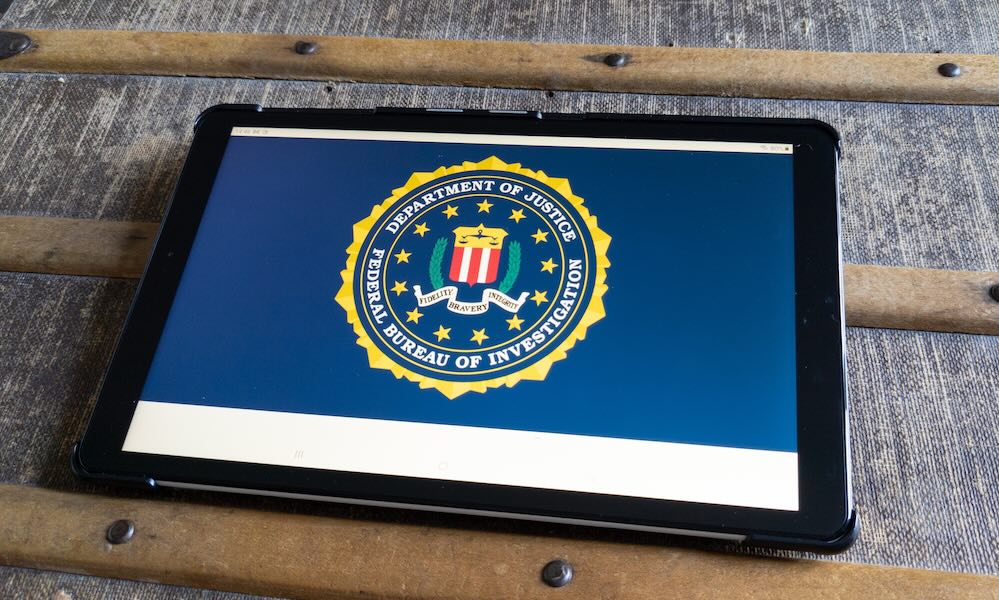FBI’s Latest PSA Reveals a New Scam
 OceanProd / Adobe Stock
OceanProd / Adobe Stock
Toggle Dark Mode
Hackers and scammers are constantly coming up with innovative schemes. Law enforcement and electronics manufacturers do their best to preemptively ward off threats, but oftentimes the crooks are a step ahead. The best preventative action is keeping the public informed.
This year alone, the FBI has issued announcements about fraudsters impersonating banking institutions, running state toll road collector “smishing” scams, masquerading as law enforcement, and targeting your smart home devices. If you’re not familiar with all of these warnings, please take some time to review them.
A new public service announcement by the FBI’s Internet Crime Complaint Center does not mean the end of the previous threats. They’re still ongoing.
A few days ago, the FBI issued another new alert. This time, they’re warning the public about, “criminals impersonating legitimate health insurers and their investigative team members.” Patients and health care providers alike are receiving emails and text messages appearing to be from “trusted health care authorities.” The fraudsters aim to convince victims to disclose protected health information, medical records, and financial details, so they can ostensibly provide reimbursement for supposed overpayment of services or non-covered services.
This ruse is particularly duplicitous as it targets individuals and institutions alike. Everyone needs to stay vigilant in both their home and work environments and across their personal and work-issued devices. Have you been targeted by this latest ploy? If so, The FBI requests you report the incident to their Crime Complaint Center at www.ic3.gov.
While the hackers’ strategy may change, the FBI’s tips to protect yourself remain the same:
- Stay on your toes and be suspicious of unsolicited emails, texts, and calls requesting personal information.
- Never click on any links in these unfamiliar texts or emails.
- Use strong passwords and Multi-Factor Authentication,
- Make sure your operating systems are up to date.
If you receive a communication that doesn’t pass the sniff test, contact your health insurance provider directly before you share any information. As always, we’ll do our best to keep you informed of these warnings. Stay vigilant and spread the word.








